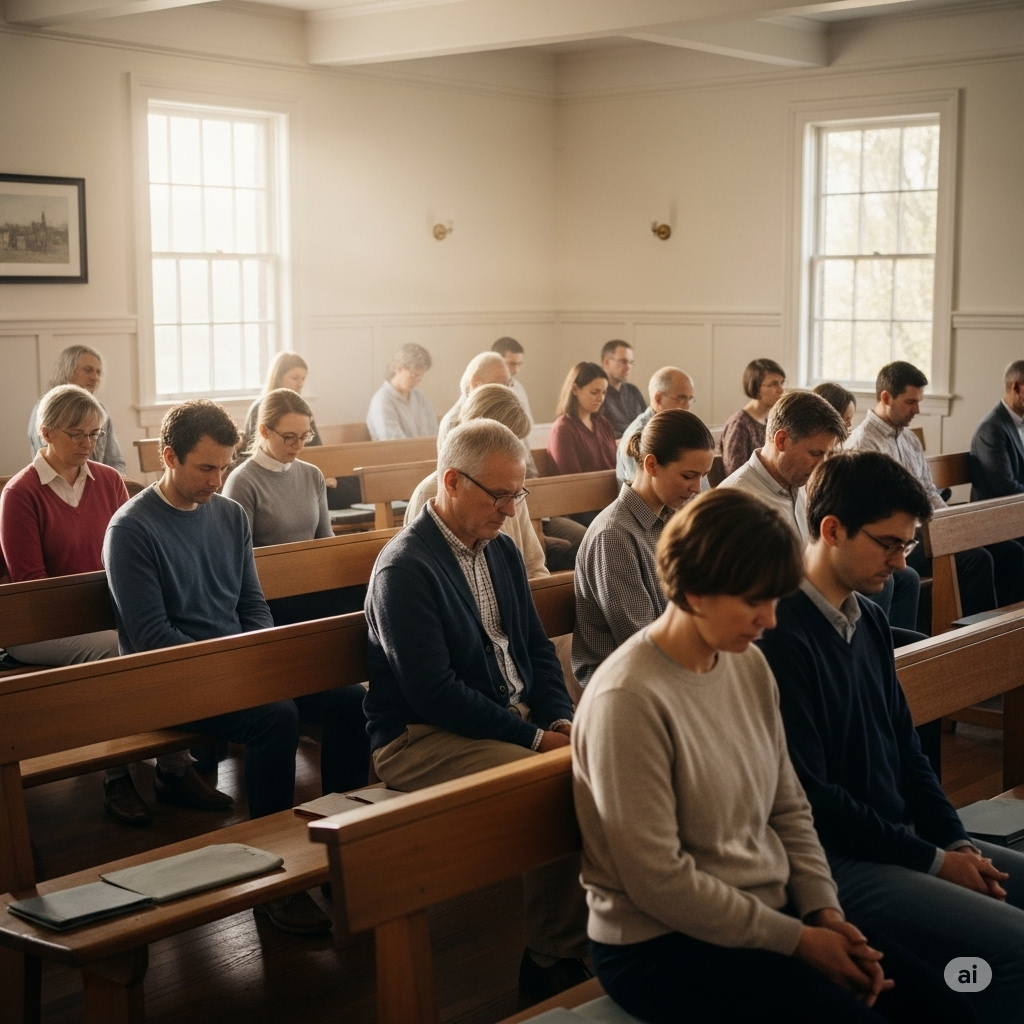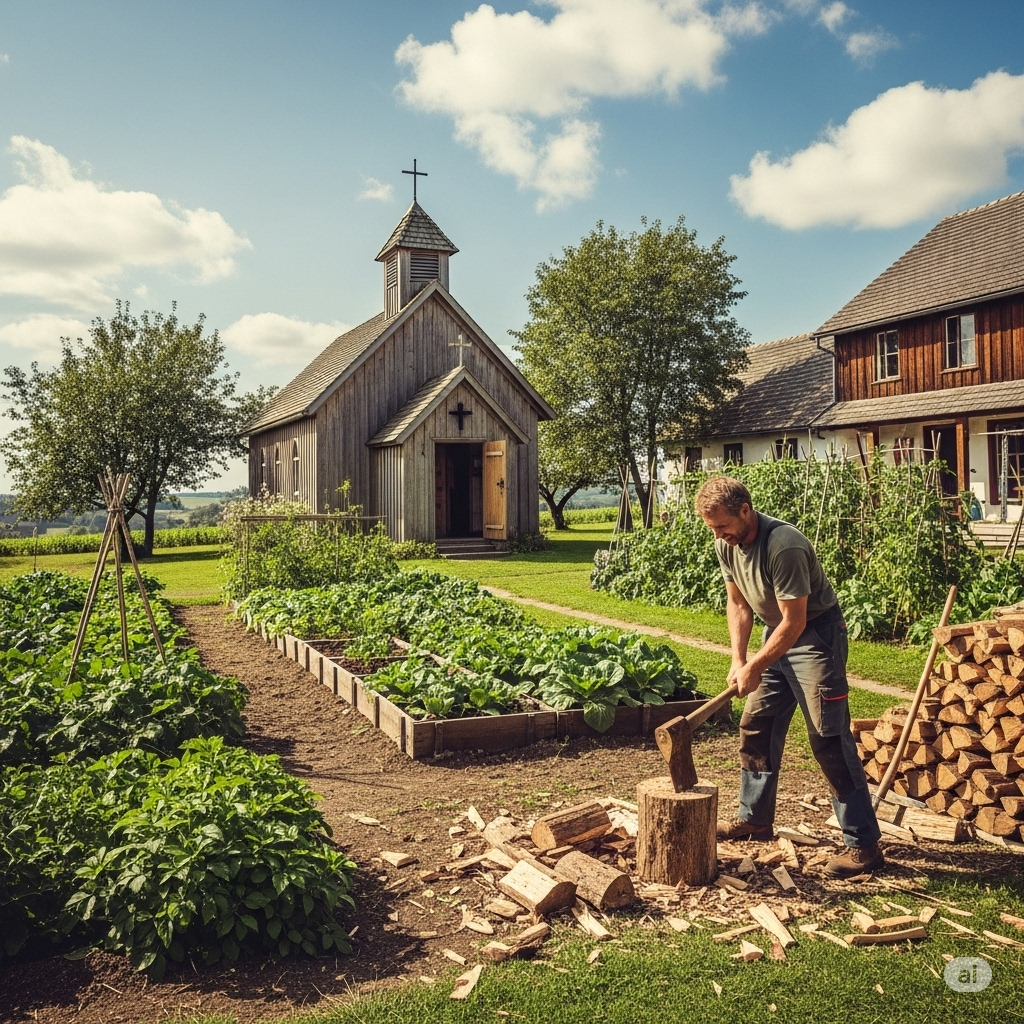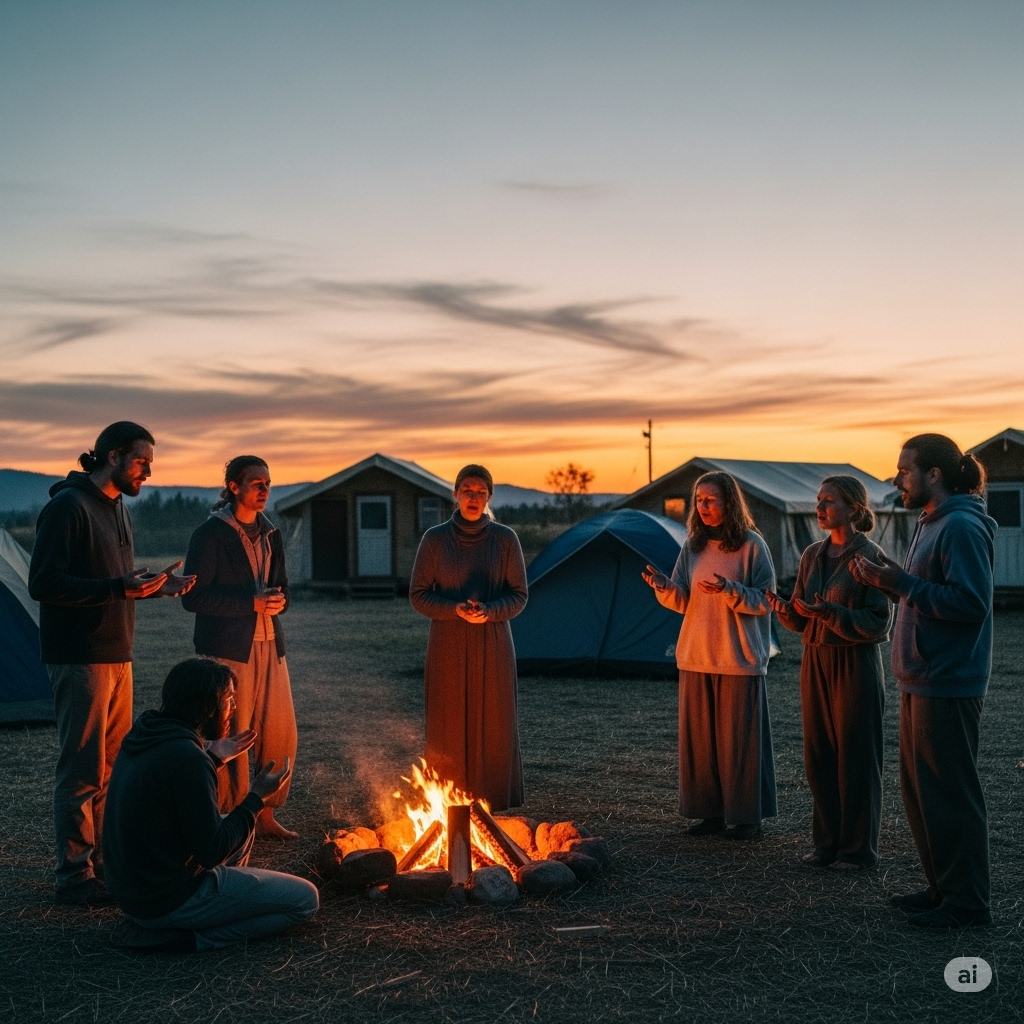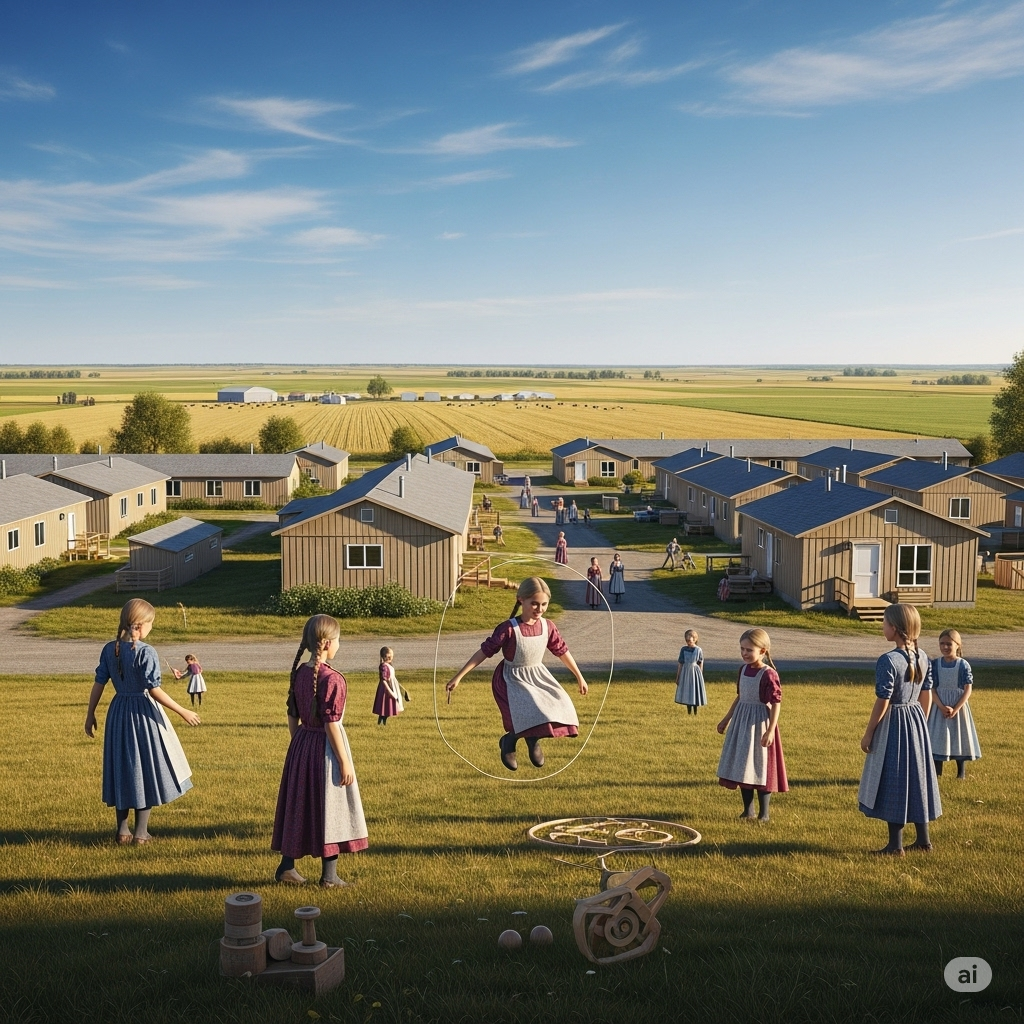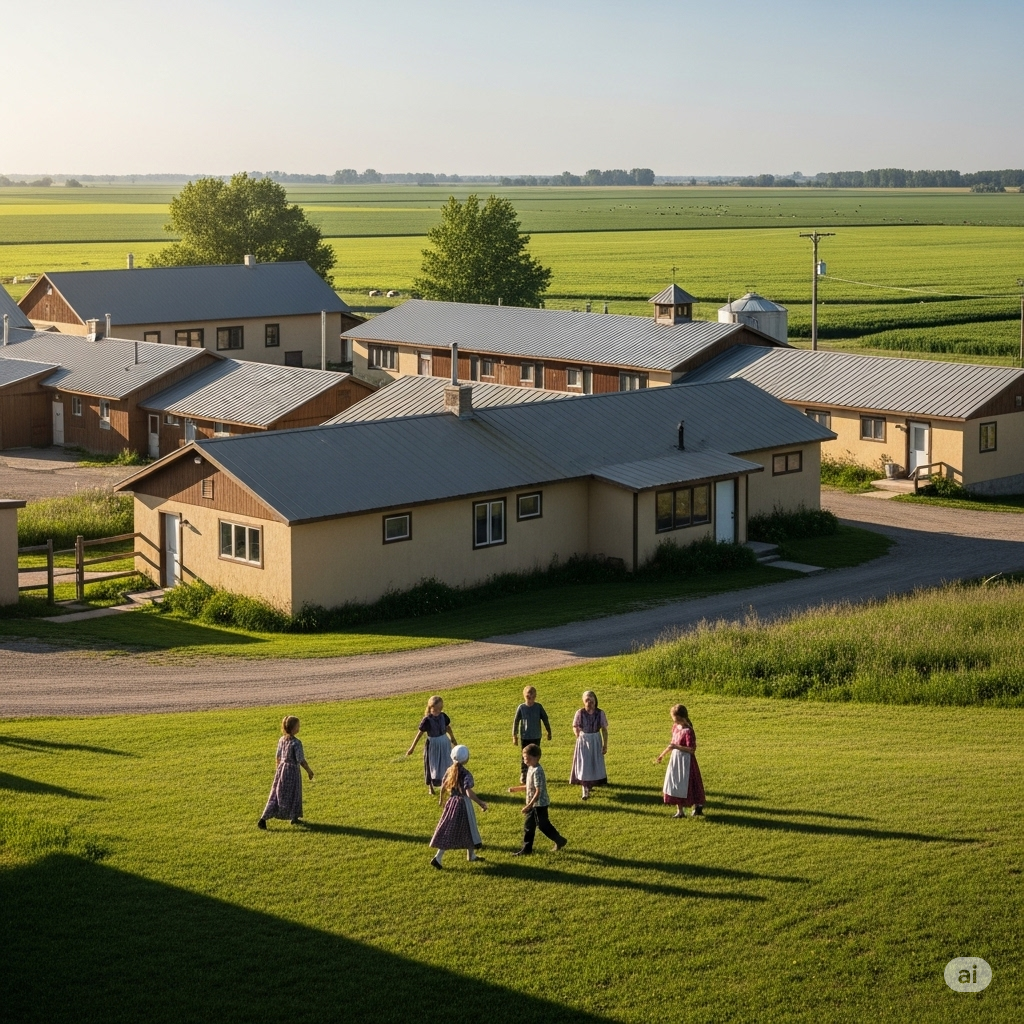
Inside the Peace-Driven World of Quaker Pacifism
Let’s be real — in a world where conflict is just one click away, it’s kind of wild to meet a group of people who’ve been saying “no thanks” to violence for over 350 years.
We’re talking about the Quakers, also known as the Religious Society of Friends.
They’re not loud. They’re not flashy. And they definitely aren’t trying to start any fights. But don’t let the calm energy fool you — these folks have stood their ground in the face of war, injustice, and oppression for centuries.
Why? Because of something called Quaker pacifism.
And honestly, their story is more powerful than most people realize.
So… What’s Quaker Pacifism All About?
At its core, Quaker pacifism means this:
Violence is never the answer. Ever.
Doesn’t matter the reason.
Doesn’t matter how bad things get.
For Quakers, peace isn’t just a nice idea — it’s a way of life.
They believe that every person carries a spark of the divine, often called the “Inner Light.” And if every soul has that divine spark, how could you ever justify harming someone? That’s the foundation.
But here’s the thing — this isn’t just about refusing to fight in wars (though they’ve done that, too). Quaker pacifism stretches into how they talk, how they protest, how they forgive, how they build relationships, and how they stand up when others stay silent.
The Problem: The World Doesn’t Get It
Let’s face it — most people hear “pacifist” and think, “So you just stand there and let people walk all over you?”
Totally not the case.
Quakers don’t avoid conflict. They face it differently.
And that’s exactly why they’ve been misunderstood for so long.
People ask:
-
“Don’t you believe in self-defense?”
-
“Wouldn’t you fight to protect your family?”
-
“How do you stop evil if you don’t fight it?”
Fair questions, right?
But the answers go deeper than a simple yes or no. So let’s break it down.
Questions People Always Ask About Quaker Pacifism
Do Quakers really never fight — even in war?
Yep. Historically, Quakers have refused to serve in military combat. During wars, they’ve often worked as medics, ambulance drivers, or peace negotiators. They’ll help, they’ll heal — but they won’t kill.
Isn’t that dangerous?
It can be. But Quakers believe meeting violence with violence just creates more violence. Instead, they work to break the cycle. And while that takes guts, it’s a choice they make with eyes wide open.
So what do they do when someone’s being hurt or attacked?
They don’t just stand by. Quakers will intervene nonviolently — stepping in, speaking up, protecting others without using harm. Think: peacemaking, not passivity.
Where does this belief come from?
Straight from their faith. Quakers follow the teachings of Jesus, especially the idea of loving your enemies and turning the other cheek. But it’s also about logic — they believe peace actually works better long-term.
Have they ever made a real difference with nonviolence?
Absolutely. Quakers were early leaders in abolition, women’s rights, civil rights, and more. They’ve started peace centers, rebuilt war-torn communities, and helped prisoners of war. Their pacifism is active, not passive.
Do all Quakers believe this today?
Most still do, especially in traditional and liberal branches. Some newer Quakers might interpret pacifism differently, but the core value of peace is still central.
So… How Do They Actually Live This Out?
It’s one thing to say “I’m for peace.” It’s another to live it — every single day.
Here’s how Quaker pacifism plays out in real life:
-
No weapons — Most Quakers don’t own guns and wouldn’t use one, even for defense.
-
No violent language — They watch their words, knowing violence starts with how we speak.
-
No war support — They won’t pay for war through taxes if they can help it, and they advocate against military spending.
-
Peacemaking careers — Many become social workers, teachers, conflict mediators, or human rights advocates.
-
Global outreach — Groups like the American Friends Service Committee work in conflict zones worldwide — building peace without picking up a weapon.
It’s a 24/7 lifestyle. Not just a weekend belief.
Equality Is Part of the Peace
Let’s not forget — Quaker pacifism and equality go hand in hand.
If you truly believe that every human being has that divine spark, you can’t rank people.
You can’t say one race, gender, nationality, or class is better than another.
You can’t stand by while someone is mistreated — because harming them would be harming something sacred.
That’s why Quakers were some of the first abolitionists in America.
They fought (nonviolently) for women’s right to vote, for fair treatment of Native peoples, and for civil rights in the 60s.
Pacifism isn’t just “not fighting.”
It’s showing up for justice, again and again, even when it’s hard — but doing it with love, not hate.
Can This Actually Work Today?
Look, we get it. The world today feels more divided and aggressive than ever.
And yeah, sometimes it feels like the only way to win is to shout louder, push harder, or hit back.
But Quakers say: What if we tried something else?
What if we listened more, judged less, and acted out of love — not fear?
It’s not easy. It’s not always safe.
But maybe… it’s what we need.
Your Turn — Could You Be a Peacemaker?
So here’s where we flip it back to you.
What does peace look like in your life right now?
Could you:
-
Choose kindness instead of sarcasm when someone annoys you?
-
Step up when you see bullying or injustice, but do it calmly?
-
Stop feeding into online drama and start spreading compassion?
You don’t have to become a full-on Quaker.
But if you’re reading this, something in their belief probably struck a chord.
So next time you’re tempted to snap, shout, or shove… maybe just breathe.
And try a different path.
Because peace starts with people — and you’re one of them.
Wanna Dive Deeper? Here Are Some Solid Resources:
-
Friends Journal – real stories from modern Quakers
-
American Friends Service Committee – https://www.afsc.org
-
“Quaker Pacifism” entry – Encyclopedia Britannica
-
BBC Religion – Quaker Beliefs and Peace Testimony
-
“Testimony of Peace” – QuakerSpeak video on YouTube
-
“The Power of Nonviolence” by Richard Gregg (classic book Quakers love)

